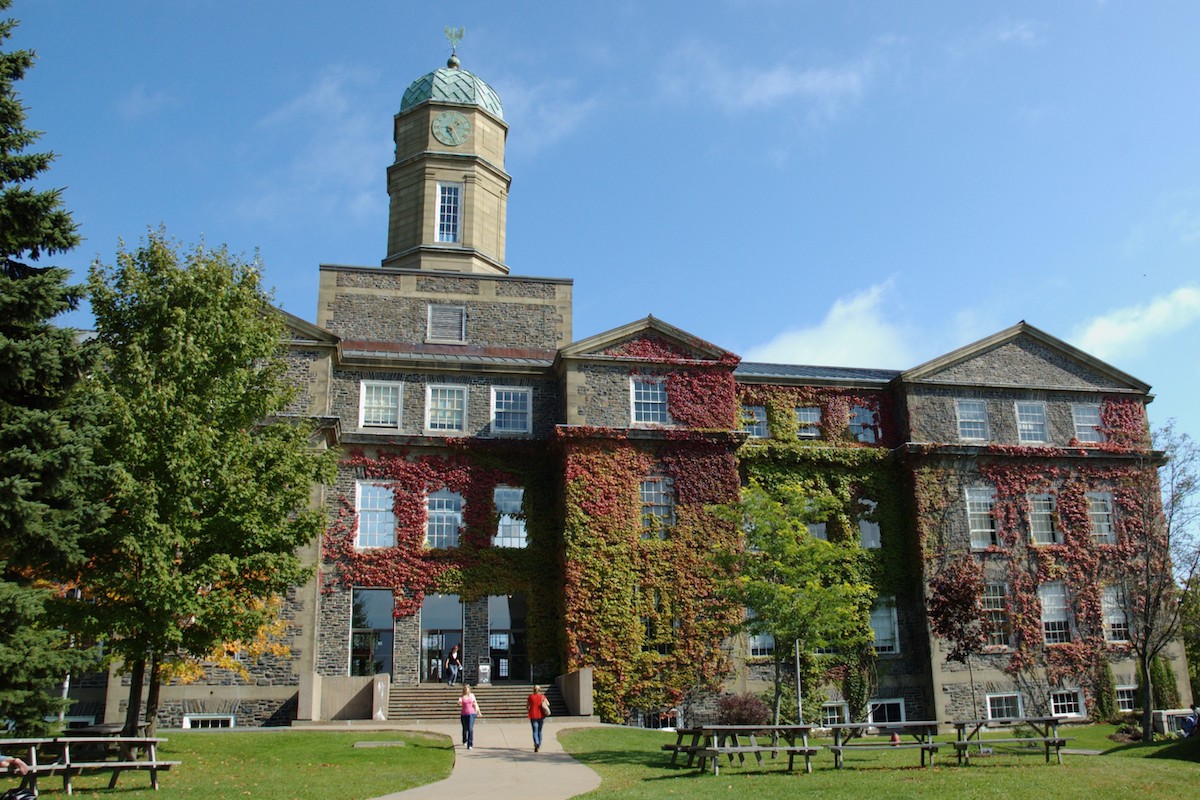Activism
At Dalhousie University, Ideology Comes First, Science Comes Second
We are entering a strange and unsettling period in the life of universities, and in the sciences, in particular.

The massive COVID-19 death toll in the United States—206,000 and counting—shows what happens when science becomes politicized, and people make health decisions on the basis of political ideology. Donald Trump was originally dismissive of coronavirus and the efficacy of masks. On the other side of the political spectrum, meanwhile, liberal contagious-disease experts lined up to tell Americans that it was fine to join massive street protests in June and July, so long as the participants were on the side of social justice. It is one thing to pollute the liberal arts with absurd misinformation and vapid grievances. But when actual science is subordinated to ideological cults, there are real-world consequences.
The same unsettling pattern is now playing out in and around the Atlantic Canadian city of Halifax, whose radicalized political culture I wrote about for Quillette back in July. Over the summer, a group of Indigenous-run lobster fishermen began flouting federal rules by creating a small out-of-season fishery in St. Mary’s Bay, off the west coast of Nova Scotia. These fisheries are closely regulated, in part to preserve the lobster stock and give the animals a chance to reproduce. (The local fishing season typically doesn’t begin until November for this reason.) Predictably, non-Indigenous fishermen are furious, and have destroyed some of the traps set out by Indigenous counterparts. For their part, meanwhile, the Indigenous fishermen have protested (rightly) that they are owed certain fishing rights under treaties entered into by Mi’kmaq signatories with the British in the early 1700s. It’s a complicated issue involving constitutional law, conservation policy, and race relations. And everyone would like to see it resolved before fishermen from either side get hurt on St. Mary’s Bay.
On September 23rd, two officials at Dalhousie, Nova Scotia’s biggest university—Deep Saini, Dalhousie’s President and Vice-Chancellor, and Theresa Rajack-Talley, Vice-Provost for Equity and Inclusion—sent out the following mass email, under the subject line “Commitment to Mi’kmaq and Indigenous communities”:
Negative comments against the Indigenous community exercising their right to a livelihood are not reflective of Dalhousie’s core values and those specific to the Indigenous/Mi’kmaq peoples. This includes any disparaging comments by any Dalhousie community member(s). Such comments reflect the need for greater understanding of Indigenous people and their rights, and Dalhousie continues to be committed to furthering education and improved understanding in our community and beyond. We are reminded by the Director of Indigenous Community Engagement at Dalhousie, Catherine Martin, who herself is a Mi’kmaw woman, that “reconciliation is about owning what has happened… telling the truth”… We want to use this teachable moment to assure our community and the broader Mi’kmaq and Indigenous community that there is ongoing Equity, Diversity and Inclusiveness work at the university… We also want to use this moment to rededicate our efforts in redressing our institutional colonial history and the impact on Indigenous/Mi’kmaq faculty, staff, students and community. We are reminded that as an institution of higher education we have a social obligation to provide an education that combats systemic racism and all forms of discrimination and intolerance. We will continue to be guided by the Indigenous Advisory Council and other Indigenous/Mi’kmaq members on our campus as well as through our community outreach by that of the Elders and the wider Indigenous communities.





